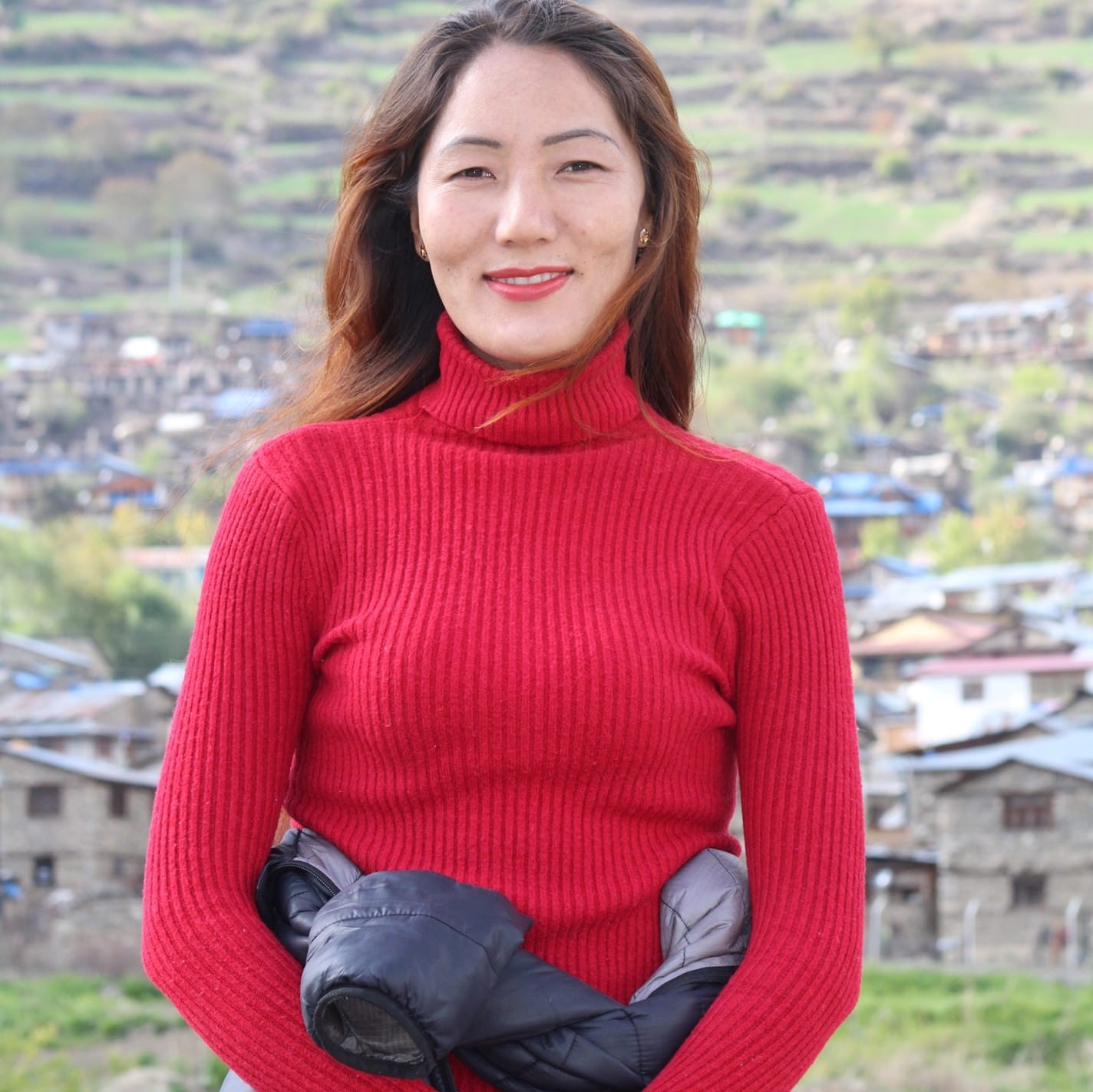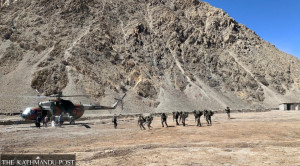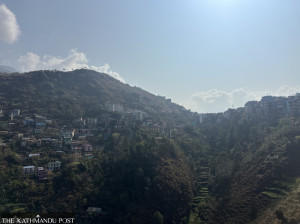Karnali Province
Lack of facilities increases risk for pregnant mothers in remote Humla and Kalikot
Maternity homes are ill equipped to deal with maternity-related complications, say health authority.Chhapal Lama & Tularam Pandey
On Wednesday, pregnant Anarupa Tamata, of Saya, Humla, was admitted to the Sarkegad Health Post after she went into labour. Within six hours, Tamata succumbed to labour complications. The health post lacked skilled health workers and necessary medicines to save the young mother.
A week ago, another pregnant woman, Devi Sahakari, 30, of Naraharinath in Kalikot district, died because she couldn’t reach the health post on time. In mid-July, Meena Shahi, 20, of Malkot, too died because of complications—after she gave birth to a stillborn baby.
These are just a few pregnancy-related deaths that have occurred in rural areas that lack medicines, equipment and skilled manpower in maternity homes across the country.
Devendra Bir Magiya, chief at the Health Office in Humla, said that Tamata, 20, lost her life mainly because the health post she was taken to was ill-equipped to handle pregnancy-related complications. “It takes two days to bring a pregnant woman to Simkot, the district headquarters of Humla, from Saya. Women are brought here because health posts at Saya don’t have the necessary equipment nor skilled health workers to work on cases like Tamata’s,” said Magiya. But by the time the patients make it to the Simkot, it is already too late.
In Kalikot, there are 31 maternity homes operating in various parts of the district. But those maternity homes do not provide effective health services due to a shortage of medical equipment and essential medicines.
For example, Kalikot District Hospital is the only hospital with an ultrasound test facility. Katak Bahadur Mahat, officiating chief at the Health Office, said that since health facilities don’t have something as basic as an ultrasound machine, it is difficult for health workers to check the development of a woman’s pregnancy.
According to health officials, there are currently no auxiliary nurses/midwives in five of the health facilities in remote Kalikot.
The data of the health office in Humla also showed six pregnant mothers had died while being taken to the health facilities for treatment in the last fiscal year. In the current fiscal year, two pregnant mothers have already died due to delivery complications.
Dr Bhisma Pokharel, chief at the Kalikot District Hospital, said that most pregnant mothers from rural areas die mostly because they don’t have access to good health facilities. “To reduce death rates, pregnant mothers should complete four antenatal checkups and be given early treatment in case of complications. But because there is hardly any health facility that is well equipped to provide maternity care to these women, it is difficult at present to mitigate the number of deaths,” said Pokharel.
According to health officials, another reason why pregnancy-related deaths are becoming regular in remote areas is because most of the women are young. “Girls are married off early and get pregnant in their teens, which is full of risks and if young mothers don’t get proper medical care, then their pregnancy puts their lives at risk,” said Magiya.
***
What do you think?
Dear reader, we’d like to hear from you. We regularly publish letters to the editor on contemporary issues or direct responses to something the Post has recently published. Please send your letters to [email protected] with "Letter to the Editor" in the subject line. Please include your name, location, and a contact address so one of our editors can reach out to you.




 9.83°C Kathmandu
9.83°C Kathmandu














